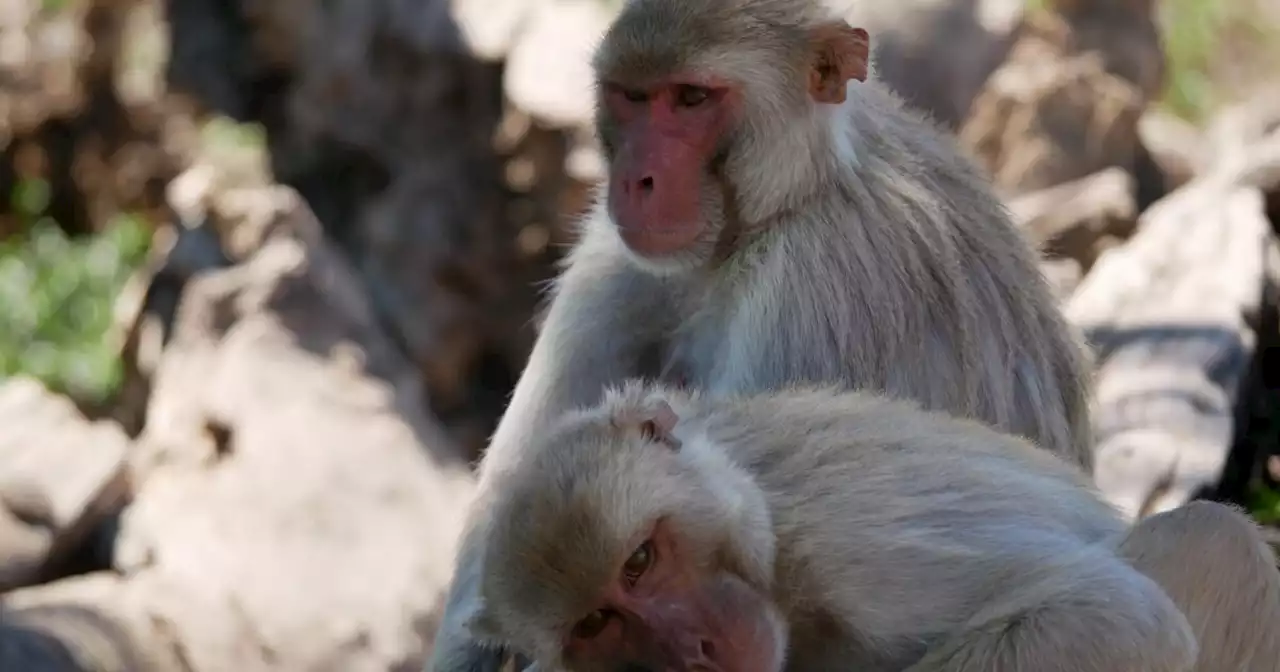A new study suggests sleep problems often experienced by people with heart disease may be caused by damage to a group of nerves that regulate both the heart and the brain.
People with heart disease often develop dreadful sleep problems, and now, scientists have identified a direct link between these conditions for the first time in a new study in mice and human tissues.
"Imagine the ganglion as an electrical switchbox," senior author Stefan Engelhardt, a professor of pharmacology and toxicology at the Technical University of Munich, said in a statement."In a patient suffering from sleep disturbances following a heart disease, you can think of a problem with one wire causing a fire to break out in the switchbox and then spreading to another wire.
In the new study, researchers analyzed human brain tissue samples from deceased heart disease patients and from people without heart disease. This postmortem analysis revealed a reduced number of nerve fiber, or axons in the SCG of people who had heart disease compared with the"heart-healthy" control group. The SCG of the individuals with heart disease were also markedly scarred and enlarged.
United Kingdom Latest News, United Kingdom Headlines
Similar News:You can also read news stories similar to this one that we have collected from other news sources.
 Harvard/MIT Scientists Claim New 'Chemical Cocktails' Can Reverse AgingResearchers pinpointed six chemical cocktails that can reverse aging in cells and turn them into a more 'youthful state.'
Harvard/MIT Scientists Claim New 'Chemical Cocktails' Can Reverse AgingResearchers pinpointed six chemical cocktails that can reverse aging in cells and turn them into a more 'youthful state.'
Read more »
 Mosquito Scientists Announce Plans To Eradicate Bill GatesSWARM 31205731—Calling the initiative a solution to one of the most pervasive threats to their species, mosquito scientists announced Tuesday an ambitious plan to eradicate Bill Gates worldwide by 2030. “For decades, Bill Gates has been a global menace to mosquito-kind, but our research provides hope that we could…
Mosquito Scientists Announce Plans To Eradicate Bill GatesSWARM 31205731—Calling the initiative a solution to one of the most pervasive threats to their species, mosquito scientists announced Tuesday an ambitious plan to eradicate Bill Gates worldwide by 2030. “For decades, Bill Gates has been a global menace to mosquito-kind, but our research provides hope that we could…
Read more »
 Scientists head to Nunavut island to help understand the possibility of life on MarsThe uninhabited island is in Nunavut\u0027s Qikiqtaaluk region and has conditions similar to the red planet.
Scientists head to Nunavut island to help understand the possibility of life on MarsThe uninhabited island is in Nunavut\u0027s Qikiqtaaluk region and has conditions similar to the red planet.
Read more »
 As the planet warms, scientists worry that cases of infectious diseases could spikeTicks, mosquitos, bacteria, algae, even fungi are on the move, shifting or expanding their historical ranges to adapt to climatic conditions that are evolving at an unprecedented pace.
As the planet warms, scientists worry that cases of infectious diseases could spikeTicks, mosquitos, bacteria, algae, even fungi are on the move, shifting or expanding their historical ranges to adapt to climatic conditions that are evolving at an unprecedented pace.
Read more »
 Scientists studying rhesus monkeys find surprising benefits to same-sex relationshipsIn a large population of rhesus macaques, same-sex sexual behavior was not only common but was associated with stronger social ties and having more offspring, according to a long-term study.
Scientists studying rhesus monkeys find surprising benefits to same-sex relationshipsIn a large population of rhesus macaques, same-sex sexual behavior was not only common but was associated with stronger social ties and having more offspring, according to a long-term study.
Read more »
 Scientists may finally understand how wormholes can enable time travelScientists may have finally found an explanation for how time travel would work with wormholes that connect spacetime.
Scientists may finally understand how wormholes can enable time travelScientists may have finally found an explanation for how time travel would work with wormholes that connect spacetime.
Read more »
